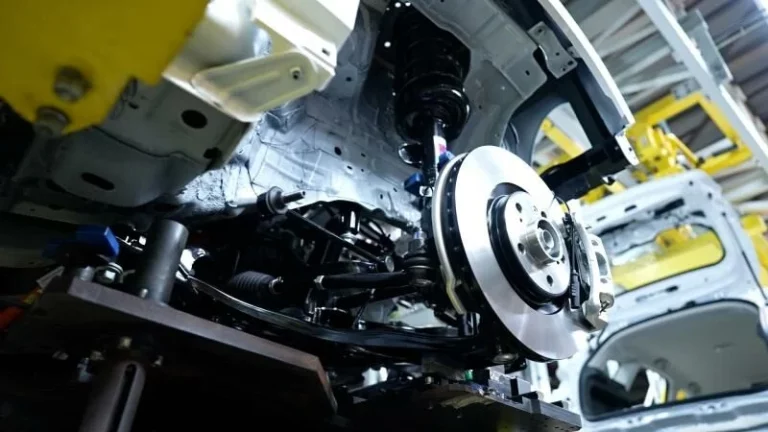Thailand's manufacturing industry faces decline: Auto troubles and economic instability rise
Thailand's manufacturing industry experienced a significant decline in December, with the manufacturing production index dropping 6.27% year-on-year. According to the Ministry of Industry, this decline is mainly due to a decline in automobile production. The decline in production was unexpected and exceeded the 3.2% decline predicted by a Reuters poll. This decline in December follows a 4.71% decline in November, resulting in a 5.11% decline in production for the year as a whole.
Several factors contributed to the decline in manufacturing production. High household debt, rising borrowing costs and slowing economic development were major factors. In addition, there was also a downturn in automobile manufacturing, which further affected the sector. Household debt in Thailand reached 90% of GDP by the end of the third quarter of last year, indicating a heavy burden on consumers.
Concerns over the economy are prompting reactions from a variety of groups. In January, Office of Industry and Economic Affairs (OIE) Chairman Warawan Chitaron expressed concern about the state of the economy, saying, “We are seeing more cautious signs in January, mainly economic concerns.” In response, the Ministry of Finance revised its economic growth forecasts for 2023 and 2024. The growth forecast for 2023 has been lowered from 2.7% to 1.8%, while growth in 2024 is expected to slow significantly to 2.8% from the previous forecast of 3.2%.
In light of the economic crisis, governments recognize the need for fiscal stimulus to support recovery. One initiative aimed at revitalizing the economy is the Thai Automobile Association (TAI)'s plan to construct an electric vehicle (EV) test track. TAI aims to support Thailand's EV industry and bring revenue to Thailand with this test track in Chachoengsao. This track will undergo a variety of tests including brake and parking brake performance, speed, range, battery economy, and skidpad. TAI director Kriengsak Wongpromrat expects the test track to generate 1 billion baht a year.
The construction of the EV test track is in line with the government's efforts to promote the EV industry and stimulate economic growth. The government has emphasized the importance of investing in industries with growth potential, and the EV sector is seen as an area of opportunity. By revitalizing the EV industry, Thailand can diversify its manufacturing capacity and take advantage of the growing global demand for sustainable transportation solutions.
In conclusion, Thailand's manufacturing industry faced a significant decline in December, mainly due to a decline in automobile production. This decline, along with concerns about high levels of household debt and slowing economic development, has heightened concerns about the economic situation. In response to this, the government has revised its economic growth forecasts and is taking steps to stimulate economic recovery. The construction of an EV test track by the Automobile Association of Thailand is one of the initiatives aimed at supporting the EV industry and generating revenue for the country. With these initiatives, Thailand hopes to overcome the challenges facing its manufacturing industry and drive economic growth in the coming years.


